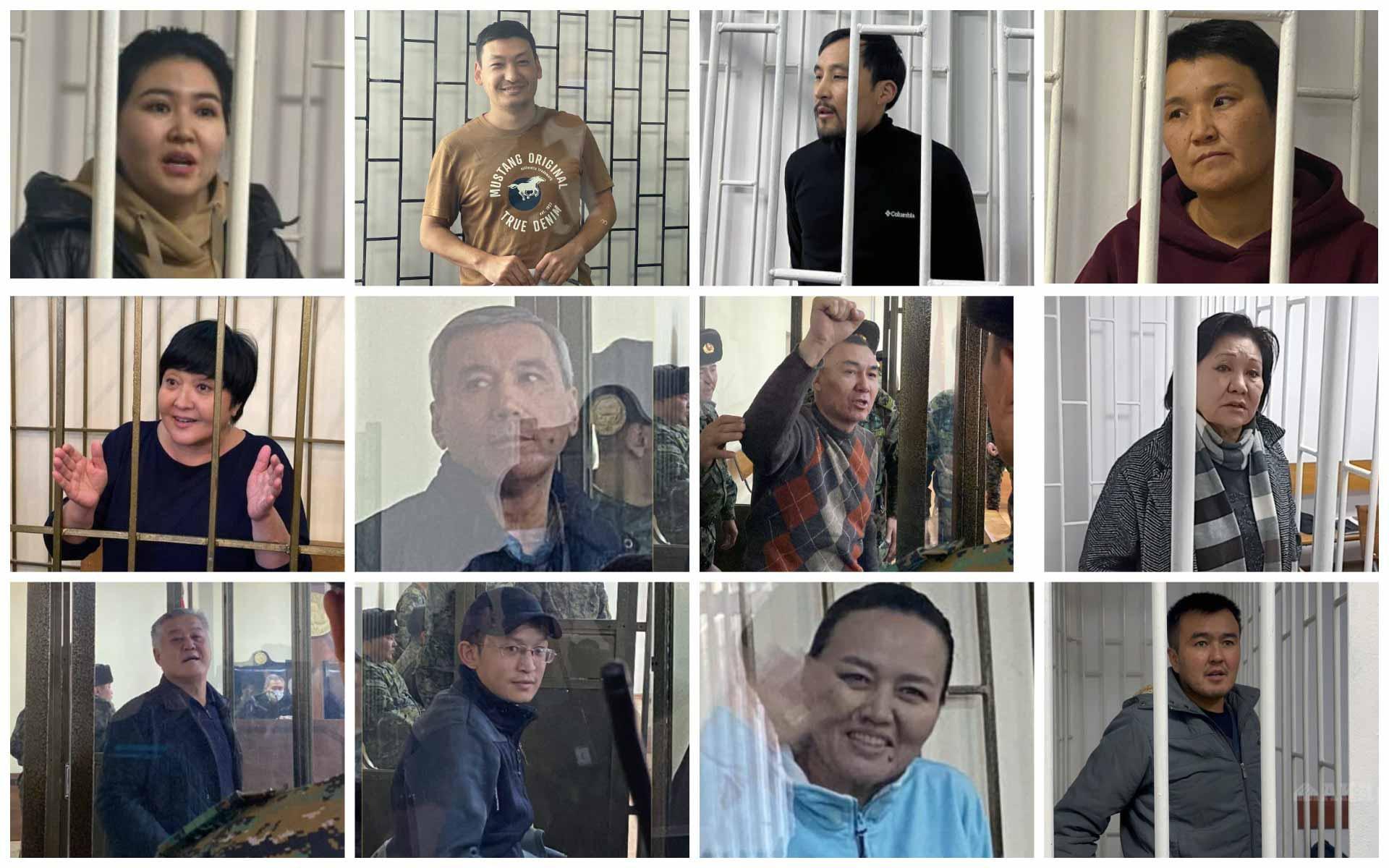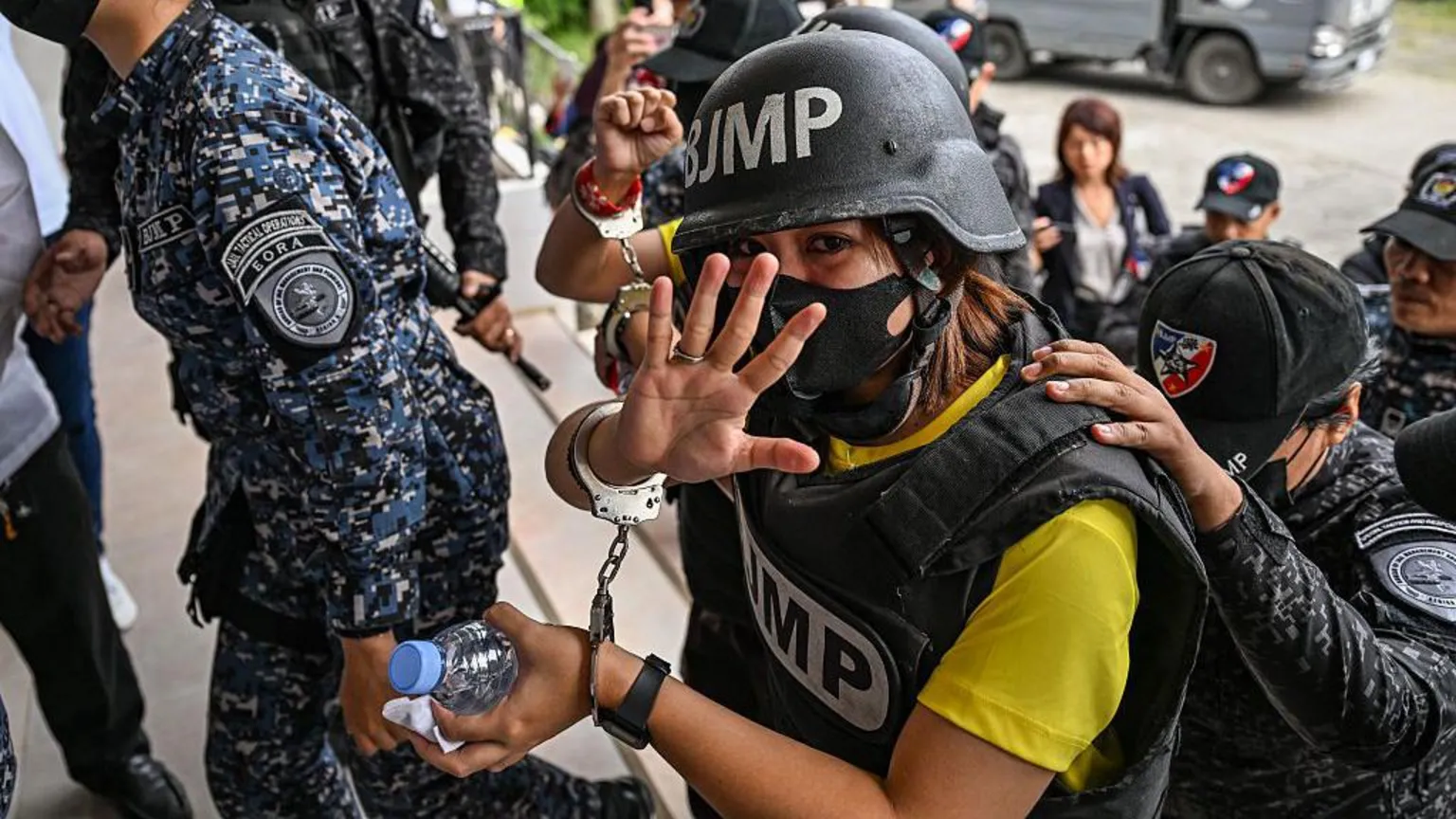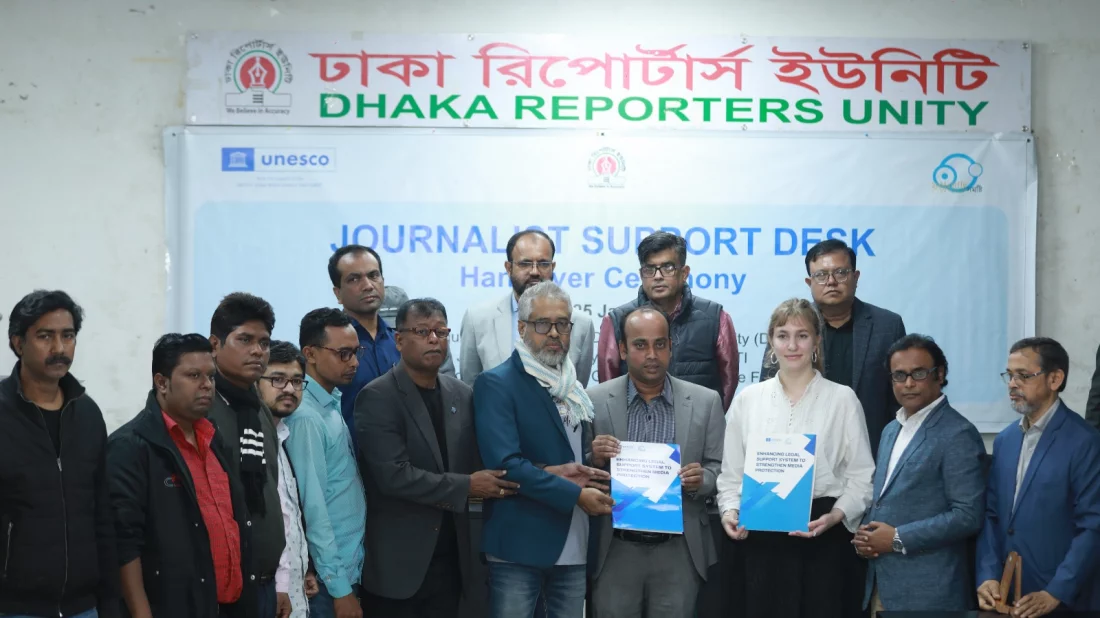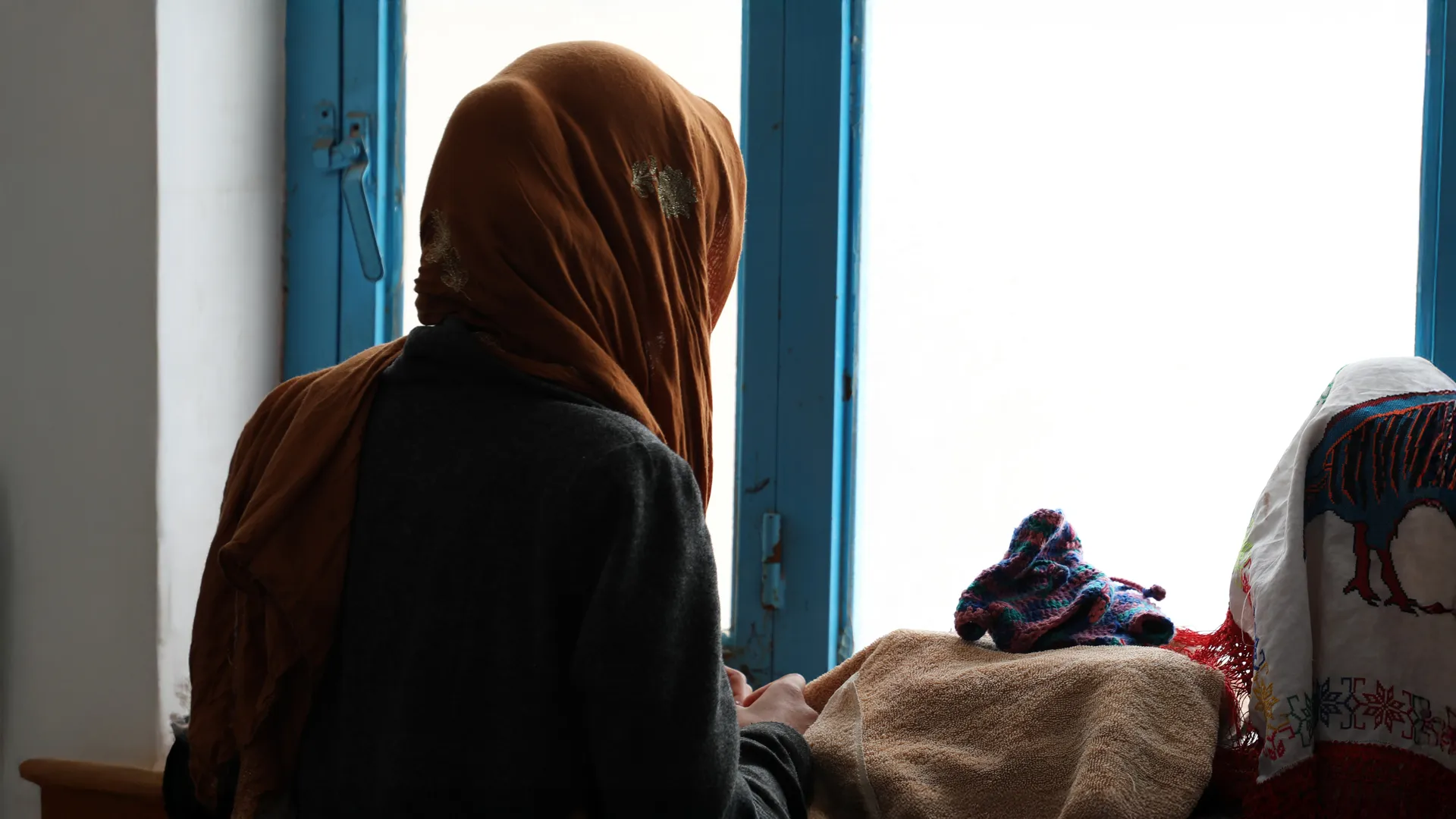
“At This Rate, Journalists in Gaza Will Vanish”—RSF Sounds the Alarm
September 26, 2024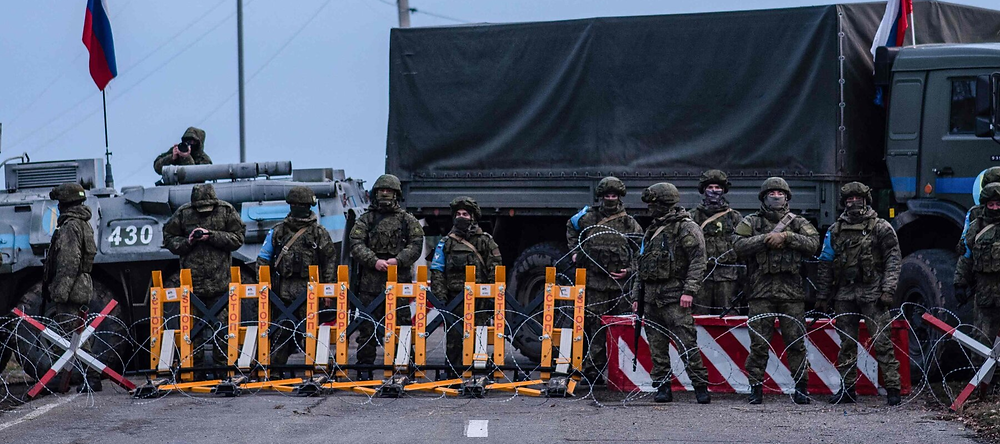
Polarized Voices, Fragile Freedoms: Armenia’s Struggle for Independent Journalism
September 26, 2024September 26, 2024 – Kyrgyzstan –
In a troubling escalation of media repression in Kyrgyzstan, prosecutors have demanded six-year prison sentences for 11 journalists associated with Temirov Live, a prominent independent investigative outlet. The charges against them—ranging from “calling for mass unrest” to “creating an organised criminal group”—follow a January 2024 raid on their homes and offices.
The case centers on journalists, including current and former staff: Makhabat Tajibek kyzy, Aktilek Kaparov, Aike Beishekeyeva, and Azamat Ishenbekov, four of whom remain in detention, while others are under house arrest or travel bans. Prosecutors claim the group’s reports contained “indirect” incitement, even though no explicit calls for unrest were found, and Kyrgyz law does not define such “indirect calls”.
On September 26, 2024, in Bishkek’s Leninsky District Court, prosecutors officially demanded six-year sentences for all 11 defendants. The verdict, delivered on October 10, resulted in prison terms for two journalists—six years for Makhabat Tajibek kyzy and five years for Azamat Ishenbekov—and probation for two others; seven were acquitted.
International press freedom organizations have condemned the trial. The Committee to Protect Journalists (CPJ) described the charges as “clearly contrived and retaliatory” and warned that conviction would “deal a severe blow to Kyrgyzstan’s international reputation”. The Organized Crime and Corruption Reporting Project (OCCRP) echoed the criticism, warning that such sentences would chill investigative reporting across Central Asia.
Beyond this specific case, Kyrgyzstan’s democratic backsliding is illustrated by the January raid itself, broader legal threats against media, and recent moves to shut down outlets like Kloop Media. These developments coincided with constitutional reforms increasing executive power and stricter oversight of NGOs and foreign-funded organizations.
The trial’s outcome underscores a growing pattern of state-sponsored pressure on independent journalism. In a country that once played a central role in the “Tulip Revolution” and early democratic reforms, Kyrgyzstan’s current trajectory resembles that of authoritarian regimes. Legal intimidation, imprisonment of journalists, and erosion of press independence are fueling a climate of self-censorship and information control.
For Kyrgyzstan to reverse this troubling trend, authorities must drop the charges, release detained journalists, and cease weaponizing the legal system against the press. Continued prosecution threatens not only individual freedoms but the future of democratic accountability in the region.
Reference –

